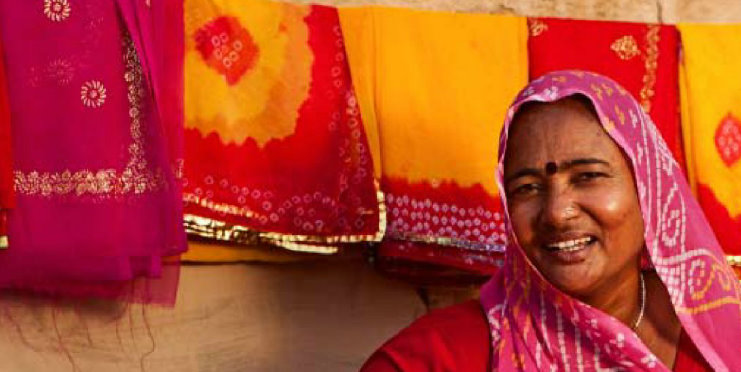
March 6, 2012, by ICCSR
Women Mean Business
Tuesday the 6th March has been a very busy day for those of us working in the field of gender, sustainability and CSR. The UN Women’s Empowerment Principles annual seminar is playing out on a live webcast as I type, and Oxfam have launched a new Briefings for Business on gender equality. This morning I attended the launch event of Corporate Citizenship and the ICCSR’s report on women’s empowerment in developing markets.
The research for the report was carried out by former MBA in CSR student Susana Murteria, and included interviews with and analysis of 416 companies signed up to the UN Global Compact. Whilst a growing number of companies are including diversity issues amongst their CSR remit, Susana found only 60 out of 416 were focussing specifically on empowering women in developing markets.
What does CSR that does this actually look like? The report features a number of case studies of companies that have seen the opportunity inherent in untapped markets or have targeted female consumers and suppliers. Companies such as Vodafone, Unilever and WalMart are securing market share whilst bringing women into the economy through enterprise.
Panellists at the event included the Cherie Blair Foundation, Oxfam GB and Vodafone. Vodafone emphasised the importance of context when attempting CSR engagement with women in a developing world context. It was fascinating to hear how Vodafone’s MWomen project operated along an ‘Avon lady’ design in Quatar as cultural norms restricted women’s access to technology in stores. In South Africa, however, pilot studies have had to overcome access difficulties for women in very rural areas. The context and implementation of women-focussed CSR designs are as varied as the women they aim to reach!
The Cherie Blair Foundation works with women entrepreneurs, looking at bringing women into the retail chain as small distributors. The business case for this is very strong, as leaving out half the population as consumers, suppliers, producers or employees makes little sense. As a commentator explained, “Bringing women in isn’t just CSR, but an imperative…otherwise you’re potentially operating on half the resources available to you.”
The normative side of the debate wasn’t forgotten, however, with Oxfam reminding us that gender equality is a human right, with companies and individuals bearing many responsibilities. Oxfam stressed the importance of avoiding tokenism, and embedding gender equality into the core business practices as opposed to an ‘add-on gender’ option. This is a complex and difficult issue, and one that I predict will be discussed often in the coming years. Nonetheless, attention to gender and CSR is growing, and as Corporate Citizenship explained, “If you are a company that wants to make a difference, you need to work with women.”
The report is available for download at: http://www.corporate-citizenship.com/our-insights/women-mean-business-empowerment-in-developing-markets
By Lauren McCarthy. Lauren is Graduate Teaching Assistant at the ICCSR, Nottingham University Business School.
Image reproduced with permission of Corporate Citizenship.

[…] content with just one publication on gender and CSR (see our other blog, Women Mean Business), last month saw the release of another collaboration, this time with Oxfam. ‘Gender Equality: […]